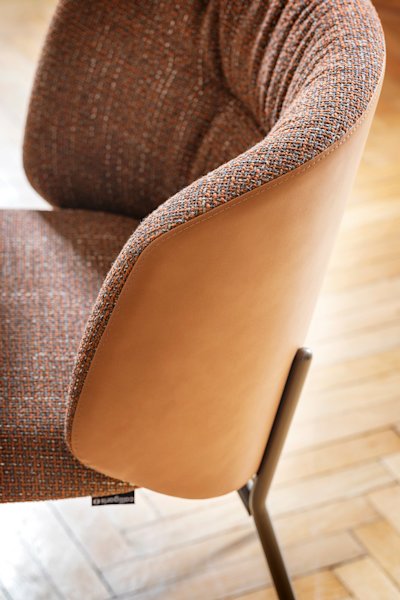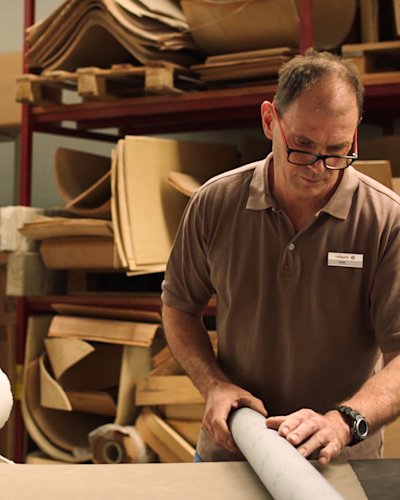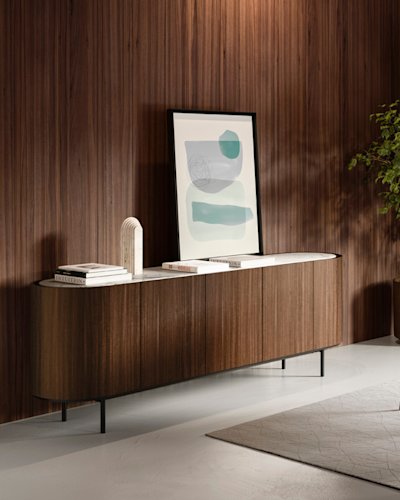Company


100 years of experience
we continue to experiment with materials and finishes
We select premium materials, explore new formulations to ensure top performance and durability, and submit our products to rigorous testing sequences to achieve certification to the highest standards.
We believe that innovative design should be created to provide real-life solutions and essential comfort. And even after over 100 years of experience in the industry, we continue to experiment with materials and finishes.
After all, our ability to embrace change is perhaps the most enduring trait of the Calligaris brand.

A home made for you
We know that every space and every person's needs are different when it comes to creating their home. That’s why we offer a wide range of products and custom options to help you find exactly what suits you. Whether it’s a dining room always ready to welcome friends and family, the comforting embrace of a sofa, the dreamy view from your bed at the end of a long day, or a home workspace where ideas and inspiration can flow freely. Calligaris, with its contemporary design for real life, is where you'll always feel at home.
Above all, we value close, long-lasting relationships that grow day by day — which is why you’ll find our stores all over the world.